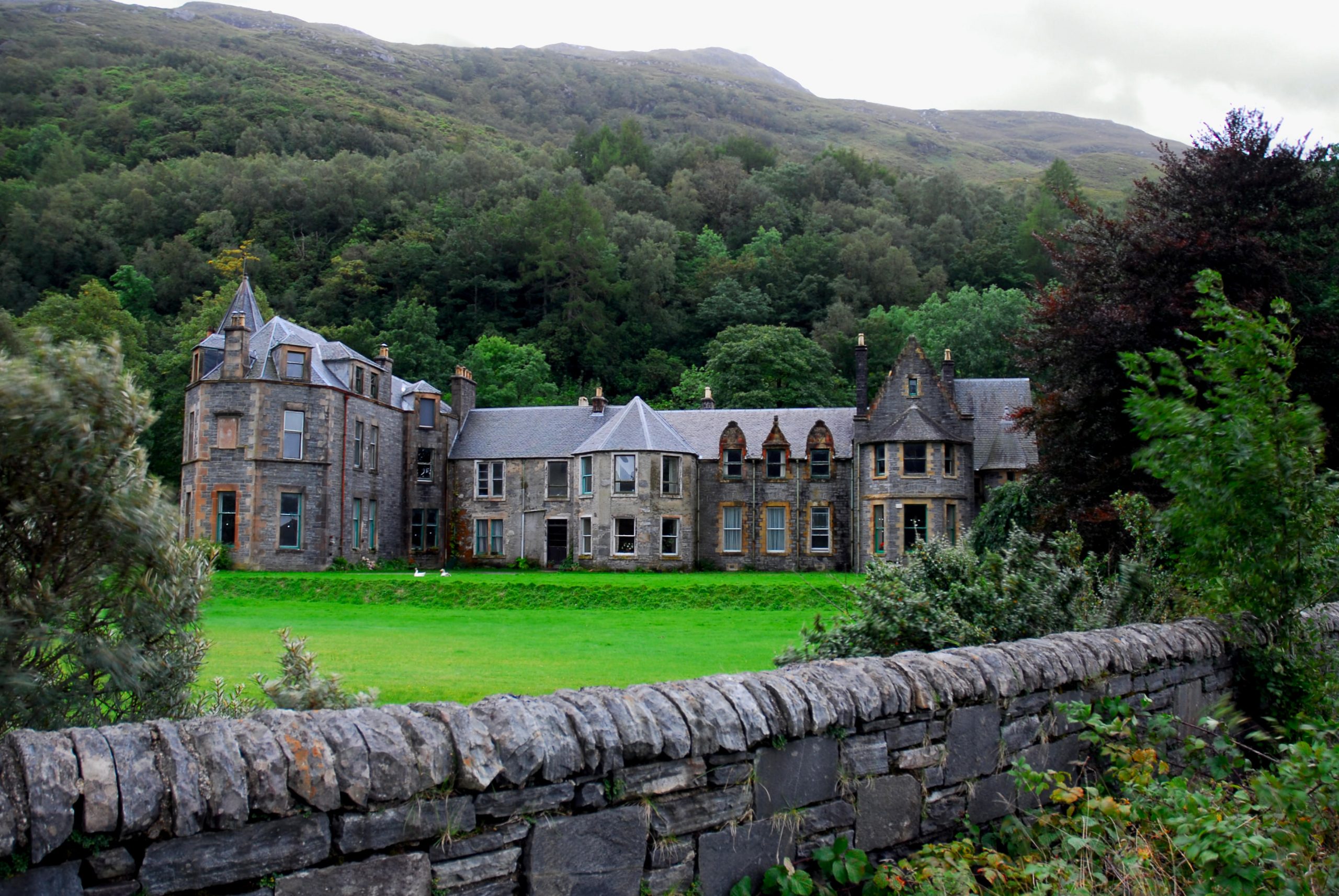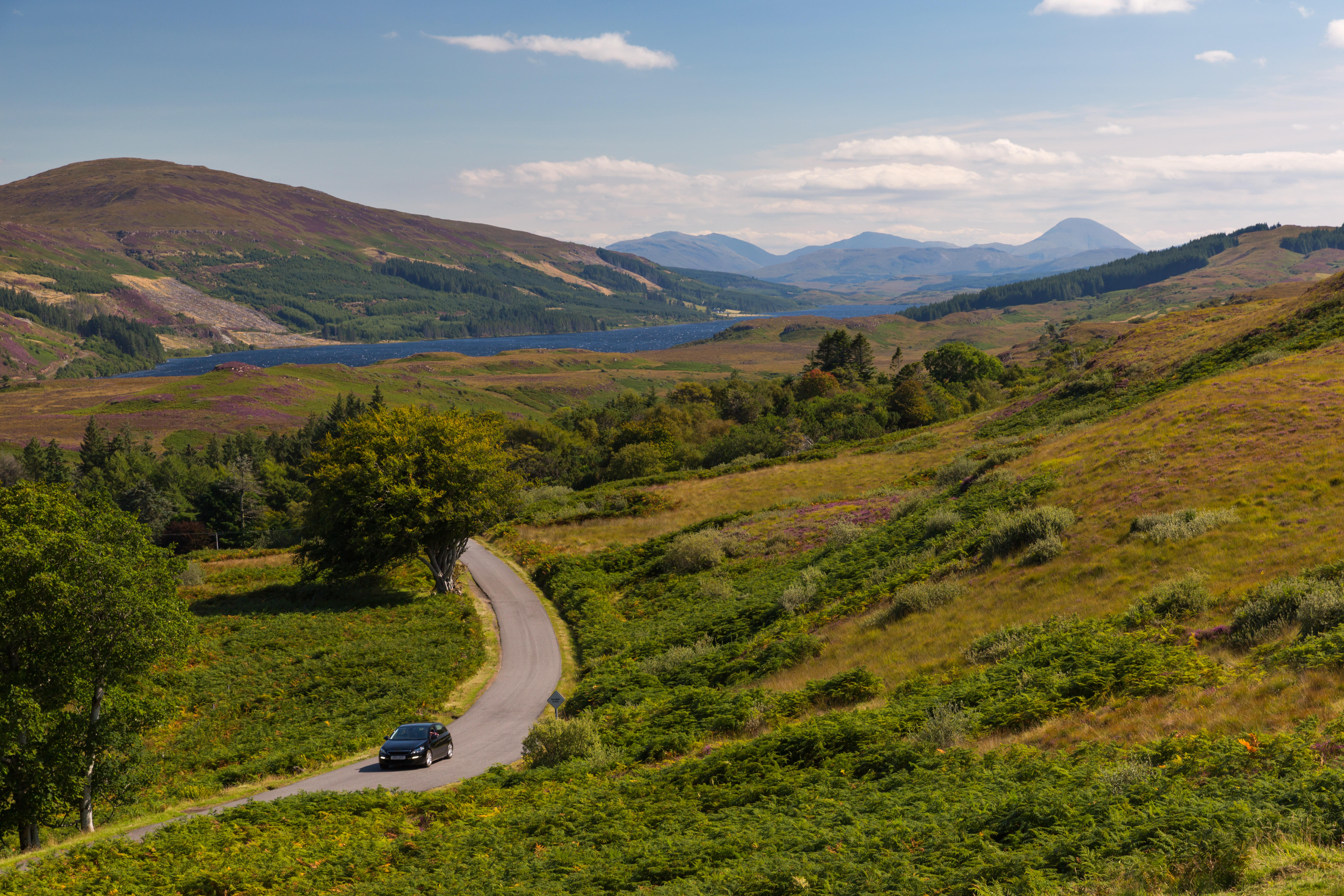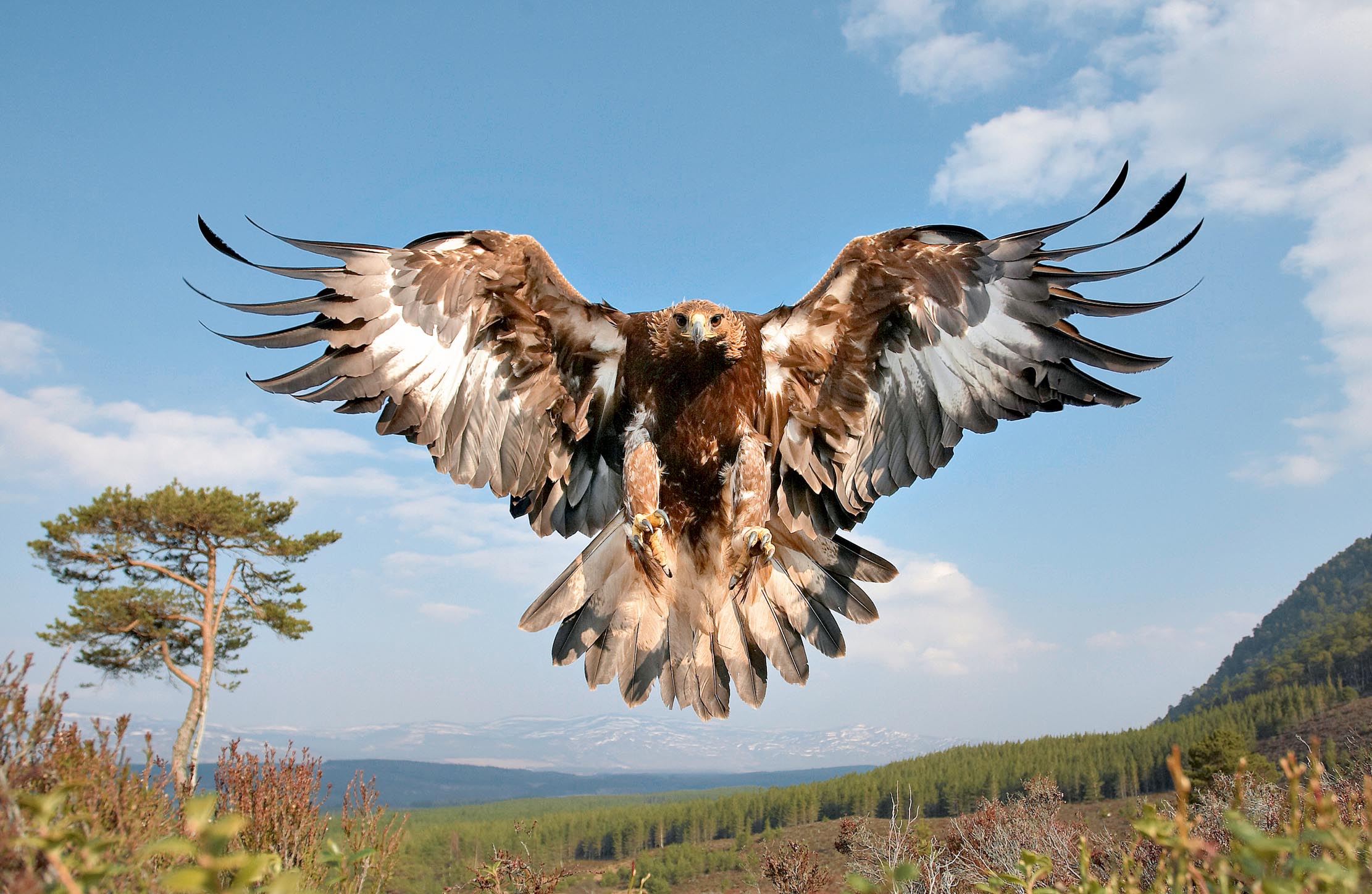Inverailort House, the Highland home for cabinet ministers, land reformers, crofters, playwrights, the occasional Russian prince, plus dozens of cats and 50 chickens
Joe Gibbs sheds a tear over the decline and fall of Inverailort House, an archetypal Highlands institution of a type that has now disappeared almost entirely.

Late this summer, I passed the ruins of Inverailort House. I had been there nearly 30 years ago in search of film locations. In those days, its grim façade could have cast it as Miss Havisham’s Satis House. What remains is more Manderley after the fire. The house faces north-west over Loch Ailort, its southern aspect rammed into the hillside so that the sun is a stranger to its rotting slates.
On my previous visit, the interior would have made the archetypal Anglo-Irish ascendancy pile in a Molly Keane novel seem the epitome of comfort. Upstairs, drips plipped and plopped into a variety of buckets and chamber-pots, ringing a symphonic accompaniment to decay. The kitchen had burnt down and been moved three times. The local sub-branch of the Post Office ran from the the old morning room.
The whole place moved with cats. Sharing it with them were an orange poodle, a greyhound, two geese, six guinea pigs and 50 hens. Two ladies presided over this menagerie, the house owner, Putchie Cameron Head, and her companion, Barbara Mackintosh. Like a Keane character herself, Putchie had been rescued aged two by the gardener from the family home in Ireland after it was set on fire by the Black and Tans.
It is difficult to believe now that Inverailort was so recently the hub of a thriving local community. Widowed after 16 years of marriage, Putchie was left to run the 12,000-acre estate and house, which she described as looking like a broken-down Victorian biscuit factory. Old-fashioned standards were maintained: black tie in the evenings and no corridor creeping allowed. One unmarried Australian couple found sharing a bath were shipped to different railway stations and put on separate trains to London.
"The multiplicity of accents and customs within the Highlands and Islands that comedians such as Colin Campbell and Norman MacLean could make a living out of parodying them. Now, these qualities and distinctions have faded, like the late-evening light around Inverailort"
There were rarely fewer than 20 guests in the house, including Conservative cabinet ministers, left-wing land reformers, crofters, playwrights, television presenters and the occasional Russian prince. Gavin Maxwell, Seton Gordon and John Lorne Campbell were frequent visitors, although Compton Mackenzie was excluded in case he lampooned the house.
Putchie reigned over all this in a tartan suit, finding time to deliver the post by boat to Glenuig, help innumerable local causes and start both the Glenfinnan Highland Games and fish farming in the Highlands (a mixed blessing). Putchie and then Barbara are long since gone and seeing the final death throes of their home felt like hearing the last trump of a race of extraordinary individuals who inhabited the North.
Gone are the days when practically every glen had personalities at all points of the social spectrum. ‘Progress’, inevitably, is the author of most of these changes. As recently as the 1960s, much of the Highlands was still remote. The nanny state was but a cloud on the horizon. Television, that terrible homogeniser, was far less pervasive, and social media the stuff of science fiction. The character-building legacy of Empire was still abroad among many individuals. Survival through two World Wars had bred resilience and self-reliance. Intolerance of others’ opinions was an eccentricity, not the mark of a generation.
Exquisite houses, the beauty of Nature, and how to get the most from your life, straight to your inbox.
Such were the multiplicity of accents and customs within the Highlands and Islands that comedians such as Colin Campbell and Norman MacLean could make a living out of parodying them. Now, these qualities and distinctions have faded, like the late-evening light around Inverailort as I drove on.

Credit: Alamy Stock Photo
Joe Gibbs: 'He's clearly convinced the laird that, if he is vaccinated, he will be controlled like a drone via a remote console by lizards in tailcoats from somewhere near Middle Earth'
Joe Gibbs' dispatches from his farm in Scotland take in vaccinations, conspiracy theories and pulling teeth.

The return of the golden eagle to southern Scotland: How the king of birds is set to make a comeback beyond the Highlands
Already firmly established in the Highlands, these majestic raptors are now being reintroduced in southern Scotland. Joe Gibbs investigates their
